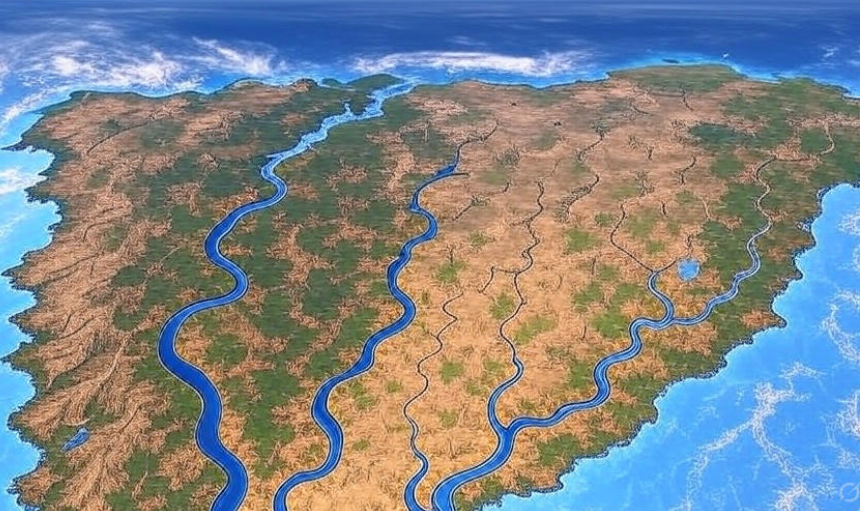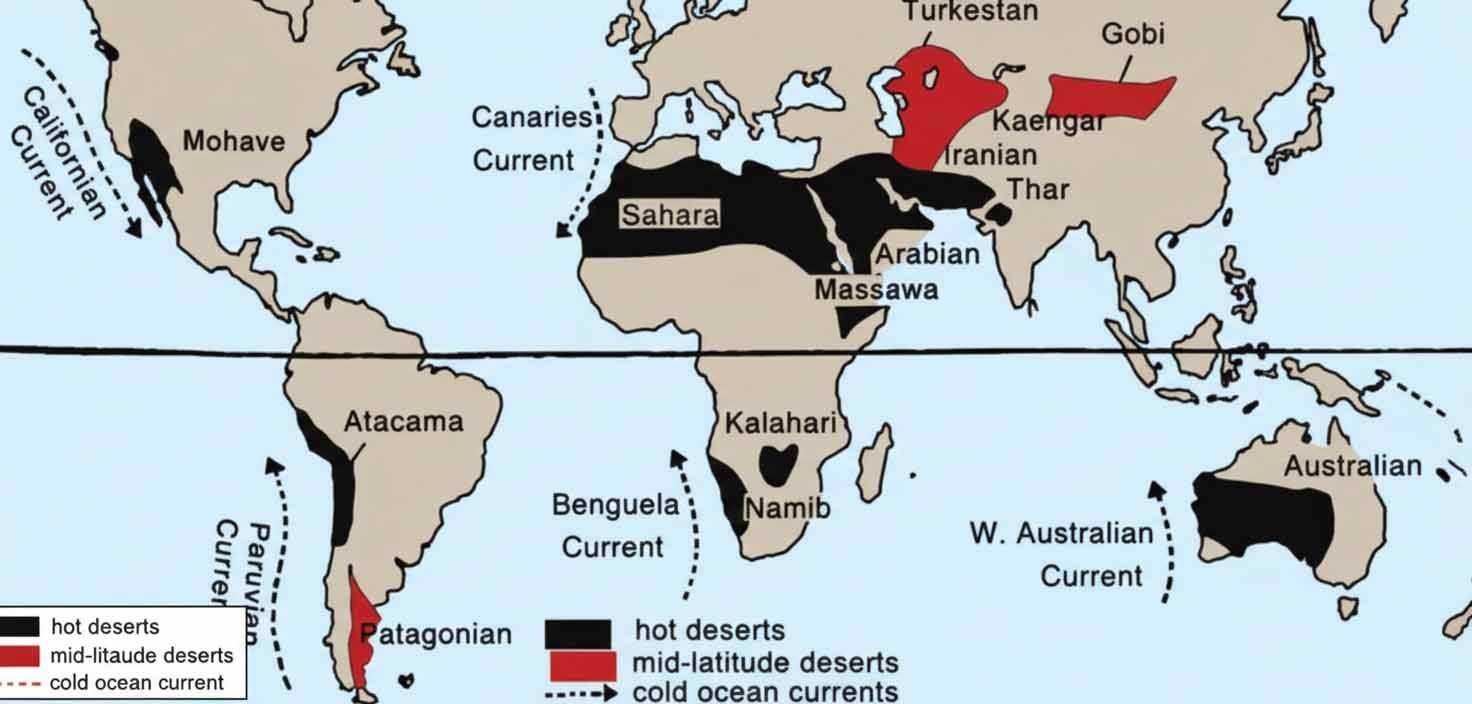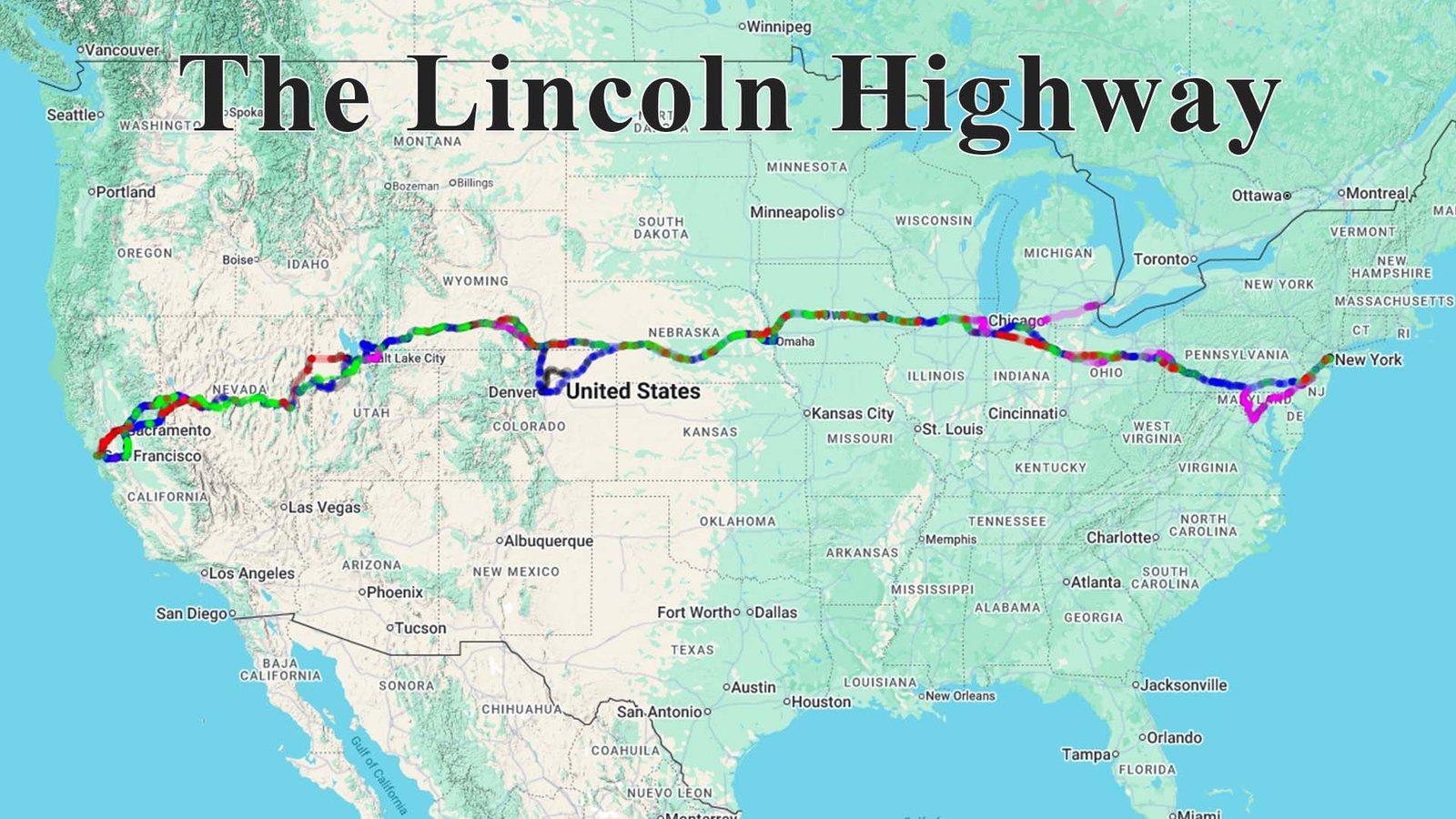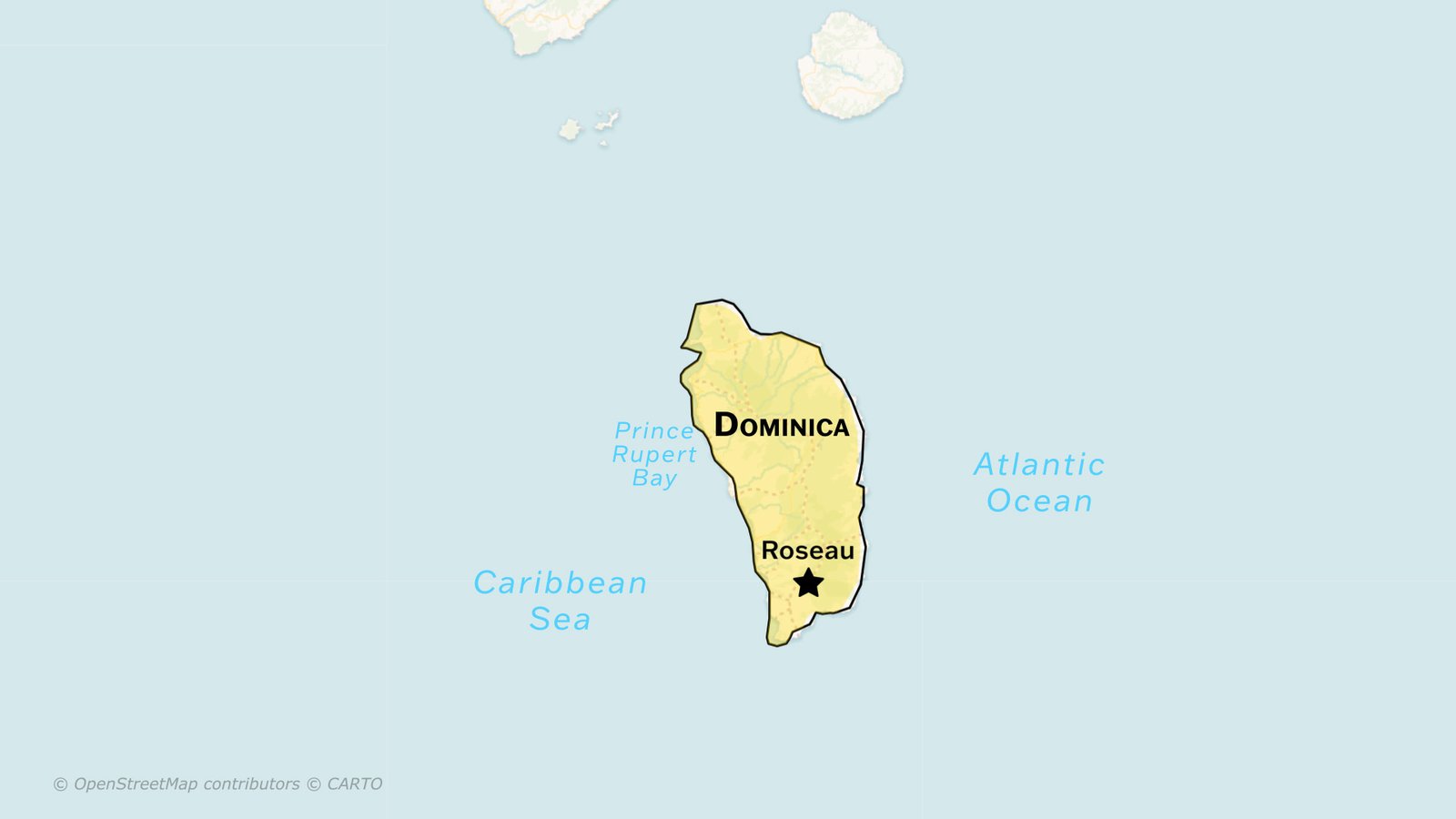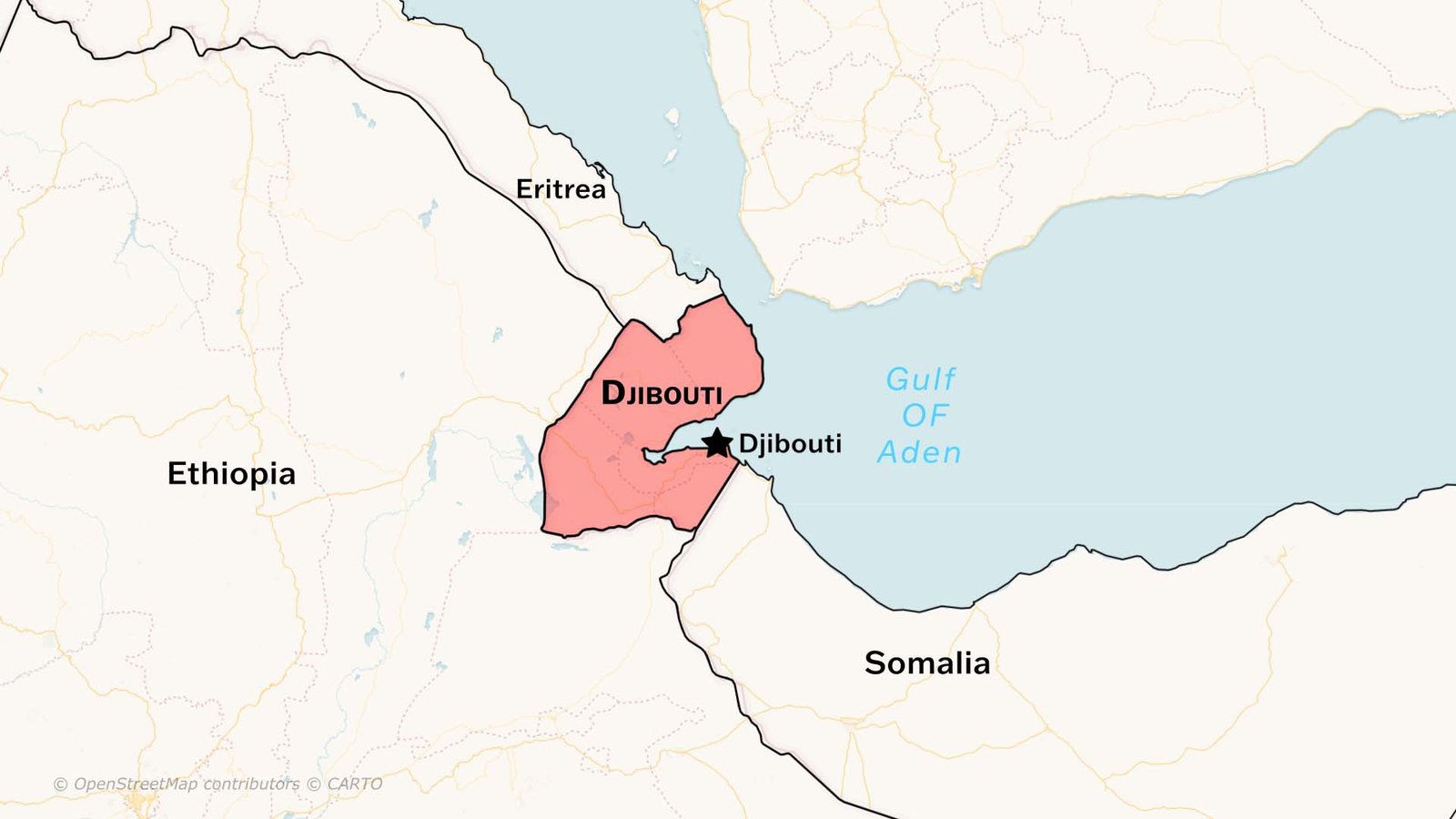Rivers are the lifelines of our planet. They carry fresh water across vast lands, shape cultures, create fertile valleys, and provide food and trade routes. Some rivers are so huge that they travel thousands of kilometers, crossing multiple countries before finally meeting the sea or ocean. 🌍
Below is a detailed look at the top 8 longest rivers in the world, along with the countries they pass through and some fascinating facts that make them unique.
1. Nile River
The Nile has always been a river of mysteries and legends. For centuries, it was considered the longest river in the world, stretching about 6,650 kilometers (4,130 miles). It flows through northeastern Africa and is famous for giving birth to one of the greatest civilizations—Ancient Egypt.
Countries it crosses:
-
Egypt
-
Sudan
-
South Sudan
-
Uganda
-
Ethiopia
-
Democratic Republic of Congo
-
Rwanda
-
Tanzania
-
Kenya
-
Burundi
The Nile is often split into two major tributaries: the White Nile (beginning in East Africa) and the Blue Nile (starting from Ethiopia). When they meet, they form the mighty Nile that heads straight to Egypt and finally into the Mediterranean Sea. Without this river, Egypt would be nothing but desert.
2. Amazon River
Now here’s an interesting twist—many experts argue that the Amazon is actually the longest river, beating the Nile by a small margin. At around 6,400 kilometers (3,980 miles), it is definitely the largest in terms of water volume.
Countries it crosses:
-
Brazil
-
Peru
-
Colombia
-
Bolivia
-
Ecuador
-
Venezuela
-
Guyana
The Amazon is home to more than 3,000 species of fish, pink dolphins 🐬, and countless other unique animals. It carries more water than the next seven largest rivers combined, making it a true giant of South America.
3. Yangtze River
The Yangtze, stretching about 6,300 kilometers (3,917 miles), is the pride of China. It is the longest river in Asia and the third longest in the world.
Countries it crosses:
-
China (entirely within China)
The Yangtze is home to the famous Three Gorges Dam, the largest hydroelectric power station in the world. It flows through diverse landscapes, from mountains and valleys to huge cities like Shanghai and Wuhan. Millions of people depend on this river for farming, transport, and industry.
4. Mississippi-Missouri River System
When we talk about rivers in North America, the Mississippi River usually comes to mind. But when combined with its tributary, the Missouri River, the system stretches around 6,275 kilometers (3,902 miles).
Countries it crosses:
-
United States of America
-
Small parts drain into Canada
It passes through or touches 10 U.S. states, including Minnesota, Iowa, Missouri, and Louisiana. This river system has played a big role in American history, trade, and agriculture. Paddle steamers 🚢 once ruled its waters, carrying cotton, timber, and people across the vast plains.
5. Yenisei River
The Yenisei flows for about 5,539 kilometers (3,445 miles) and is the longest river flowing into the Arctic Ocean.
Countries it crosses:
-
Mongolia
-
Russia
The river starts in Mongolia, travels through Siberia, and eventually drains into the Kara Sea. It is surrounded by stunning but harsh landscapes. Winters here are brutal, yet the river is vital for hydroelectric energy and local wildlife.
6. Yellow River (Huang He)
The Yellow River, about 5,464 kilometers (3,395 miles) long, is another great river of China. It is often called the “cradle of Chinese civilization” because many ancient dynasties flourished along its banks.
Countries it crosses:
-
China (entirely within China)
However, the Yellow River has a darker side—it is known as “China’s Sorrow” because of its devastating floods throughout history. Despite this, it remains essential for agriculture and culture in northern China.
7. Ob-Irtysh River System
This massive river system stretches about 5,410 kilometers (3,364 miles). It is one of the major rivers of western Siberia.
Countries it crosses:
-
Russia
-
Kazakhstan
-
China
The Ob joins with the Irtysh River, making a powerful system that flows into the Arctic Ocean. Along its journey, it passes through oil-rich and industrial regions, but also supports fishing and farming.
8. Paraná River
The Paraná, running for about 4,880 kilometers (3,030 miles), is South America’s second longest river after the Amazon.
Countries it crosses:
-
Brazil
-
Argentina
-
Paraguay
It is famous for the Itaipu Dam, one of the biggest hydroelectric power plants in the world. The Paraná is also crucial for shipping, as barges move grain, iron, and goods through its wide channels. 🌾
Quick Comparison Table of the 8 Longest Rivers
| Rank | River Name | Length (km) | Major Countries Crossed |
|---|---|---|---|
| 1 | Nile | 6,650 | Egypt, Sudan, Uganda, Ethiopia |
| 2 | Amazon | 6,400 | Brazil, Peru, Colombia, etc. |
| 3 | Yangtze | 6,300 | China |
| 4 | Mississippi-Missouri | 6,275 | USA |
| 5 | Yenisei | 5,539 | Russia, Mongolia |
| 6 | Yellow River (Huang He) | 5,464 | China |
| 7 | Ob-Irtysh | 5,410 | Russia, Kazakhstan, China |
| 8 | Paraná | 4,880 | Brazil, Argentina, Paraguay |
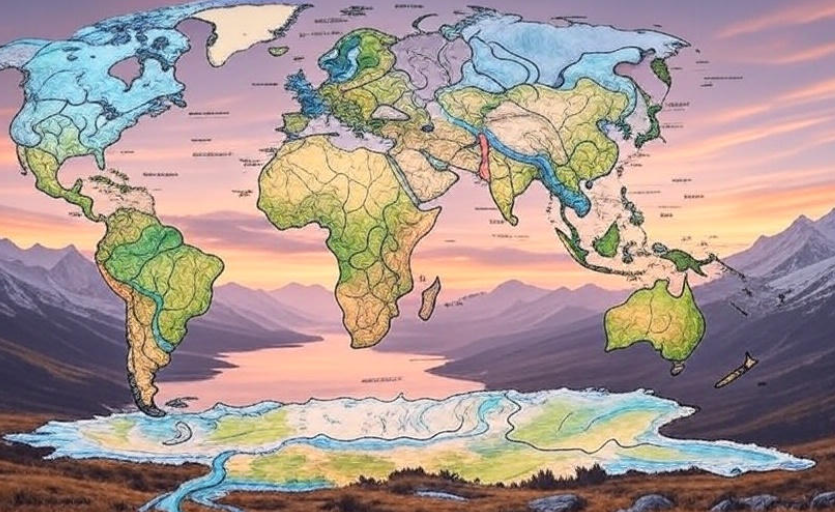
Why Rivers Matter So Much
These rivers are not just water bodies. They’re the backbone of agriculture, trade, power generation, and cultural history. Civilizations have been built around them. Even today, billions of people rely on them for daily survival.
From the Nile’s ancient pyramids to the Amazon’s mysterious rainforest, each river carries more than water—it carries stories, struggles, and life itself.
FAQs
Q1: Which is the longest river in the world?
The Nile is traditionally considered the longest (6,650 km), but some studies argue the Amazon might be slightly longer.
Q2: Which river carries the most water?
The Amazon River carries more water than any other river in the world.
Q3: Which river is called the “cradle of Chinese civilization”?
The Yellow River (Huang He) has this title.
Q4: Which river is only within one country but still one of the longest?
The Yangtze and the Yellow River, both entirely in China, are among the world’s longest.
Q5: Why are rivers so important?
Rivers provide drinking water, irrigation, transport, energy, food, and cultural heritage. They literally support life.

